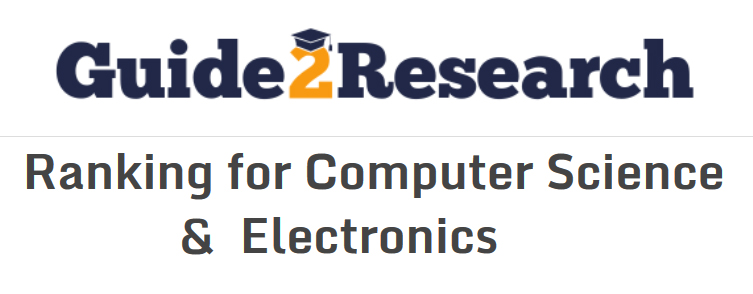11 EECS faculty among the top 100 most cited CS scholars in 2020

The EECS department has eleven faculty members who rank among the top 100 most cited computer science & electronics scholars in the world. UC Berkeley ranked #4 in the global list of universities with the highest number of influential scholars in 2020 (35, up from 24 in 2018). Profs. Michael Jordan, Scott Shenker, Ion Stoica, Jitendra Malik, Trevor Darrell, David Culler, Shankar Sastry, Randy Katz, Alberto Sangiovanni-Vincentelli, Lotfi Zadeh and Dawn Song all ranked in the top 100 with an H-index score of 110 or higher, a measure that reflects the number of influential documents they have authored. Jordan ranks fourth in the world, with an H-index of 166 and 177,961 citations. The H-index is computed as the number h of papers receiving at least h citations among the top 6000 scientist profiles in the Google Scholars database.